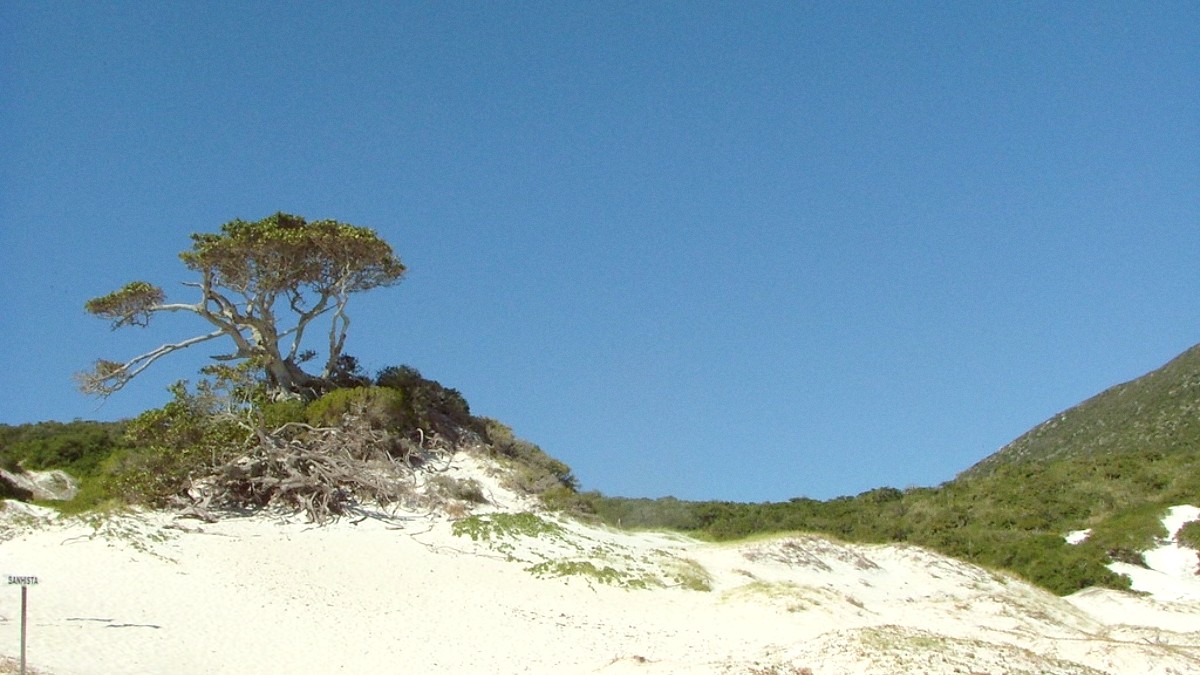
The Southeast, Brazil
Efforts exist to protect marine life and the natural beauty of beaches. Respect signage regarding protected areas.
Minimize waste, especially plastic, and dispose of trash responsibly. Avoid littering beaches.
Fresh water resources experience strain during peak season. Be mindful of your water usage.
These actions make for a more responsible visit.
Specific regulations exist for fishing and marine activities to preserve biodiversity. Visitors respect all signage regarding protected areas.
Recycling initiatives exist. Minimize waste, especially plastic.
Consider offsetting your flight emissions through reputable carbon offset programs.
Look for hotels and pousadas that have implemented eco-friendly practices.
Carry a reusable water bottle and fill it from your hotel or purchased large water bottles. This lessens plastic waste on the beaches.
Interacting respectfully with locals enriches your travel experience.
Support local artisans and cultural events attempting to preserve Búzios' original fishing village heritage.
Be polite and friendly. Brazilians generally appreciate attempts to speak Portuguese.
Always ask for permission before taking close-up photos of individuals, especially children.
While Búzios does not have major religious sites, if you visit a church, dress respectfully.
Engage with local life to enrich your understanding.
Explore the distinctions of daily life, from local markets to community gatherings.
Discover the stories behind local art and artisan products, often reflecting the region's heritage.
Engage with an open mind, appreciating the traditions and values that shape the community.
Your choices as a traveler hold economic significance for the local community.
Seek out opportunities to support small, local businesses directly owned by residents.
Prioritize purchasing from local artisans and small shops. The Rainforest Site supports conservation.
Dine at locally owned restaurants, use local guides for tours, and buy from small independent shops.
Be aware of any activities that might exploit local people or animals.
Your donations can have a positive effect.
If you wish to donate, research reputable local charities or community projects.
This is more beneficial than giving money directly to beggars, which sometimes maintains begging.
Local organizations often have structured programs for support, creating greater impact.
Always verify the ethical practices of tour operators, especially those involving animals or vulnerable communities, to avoid unintended support for harmful activities.